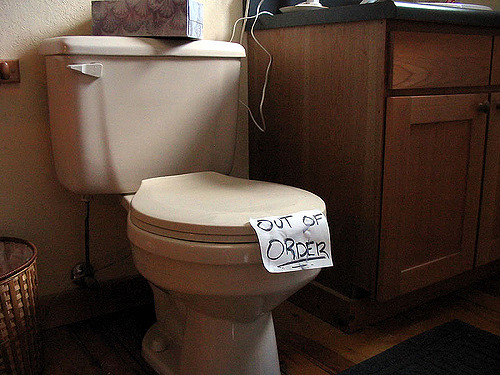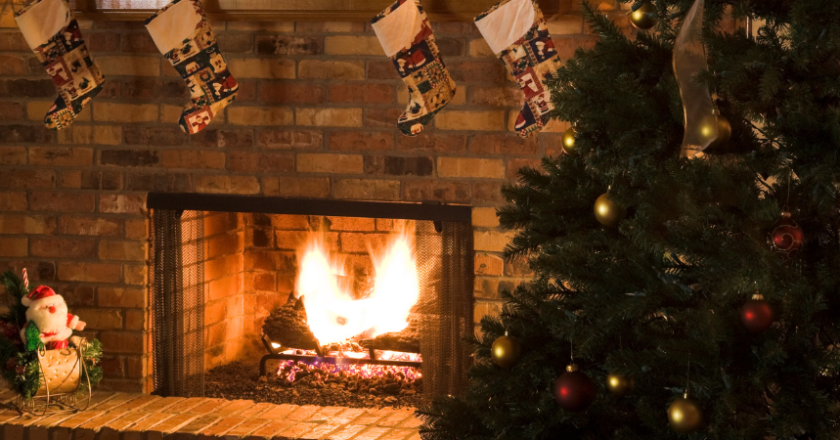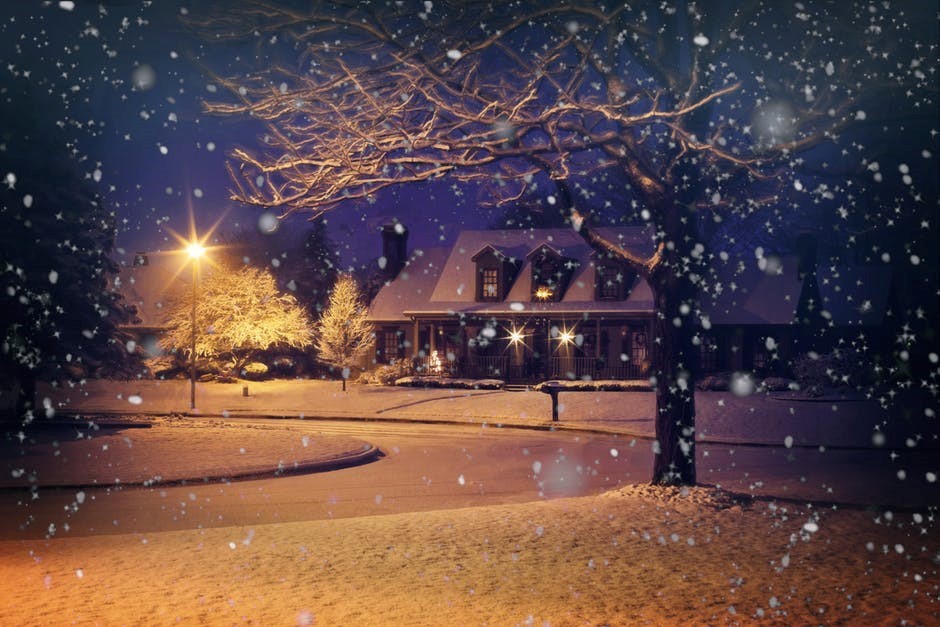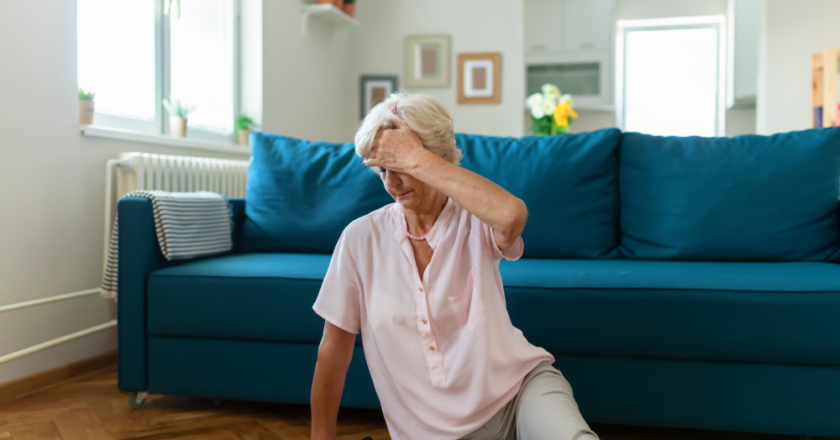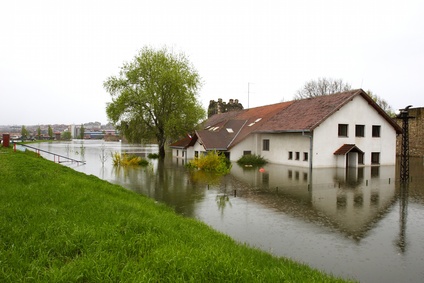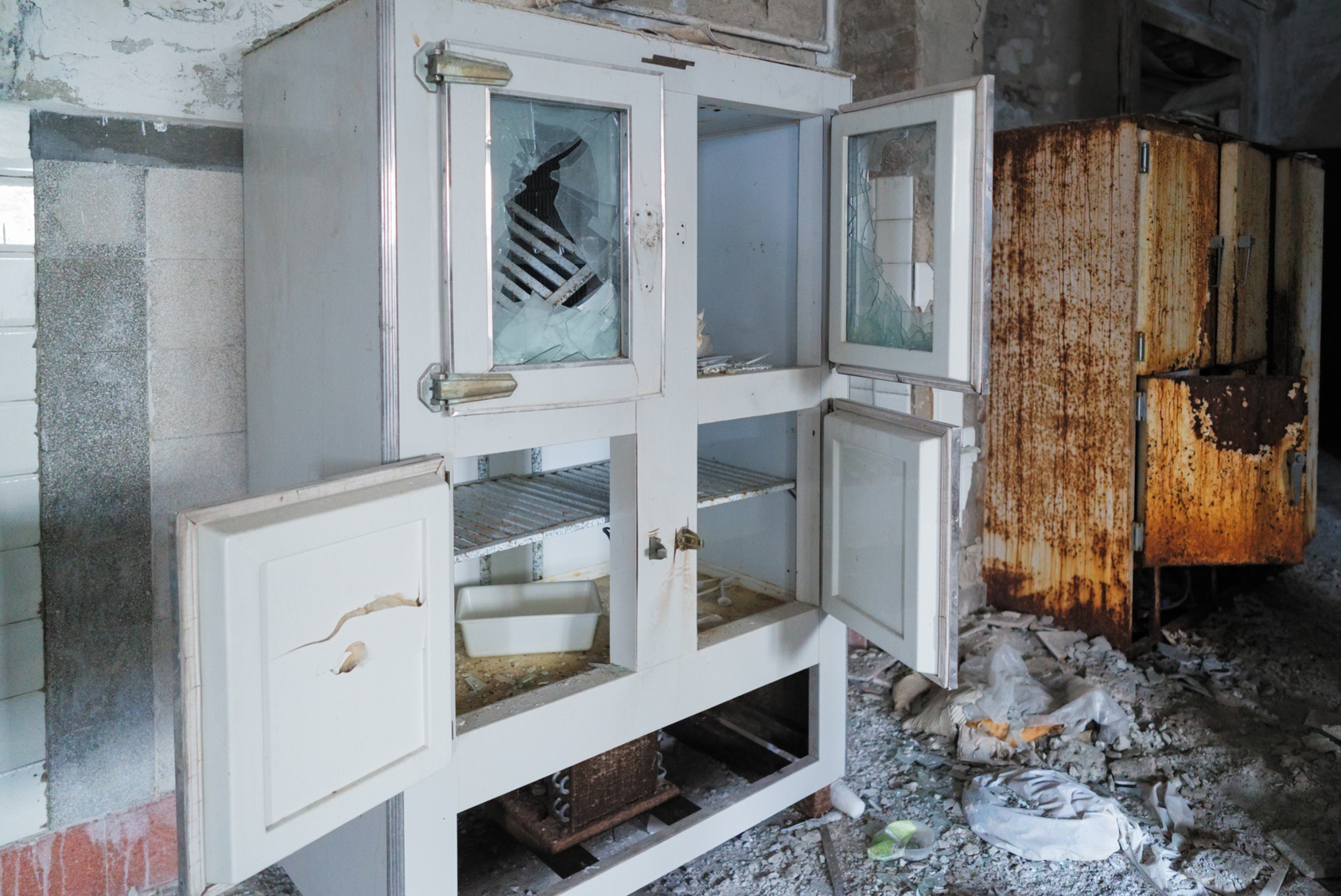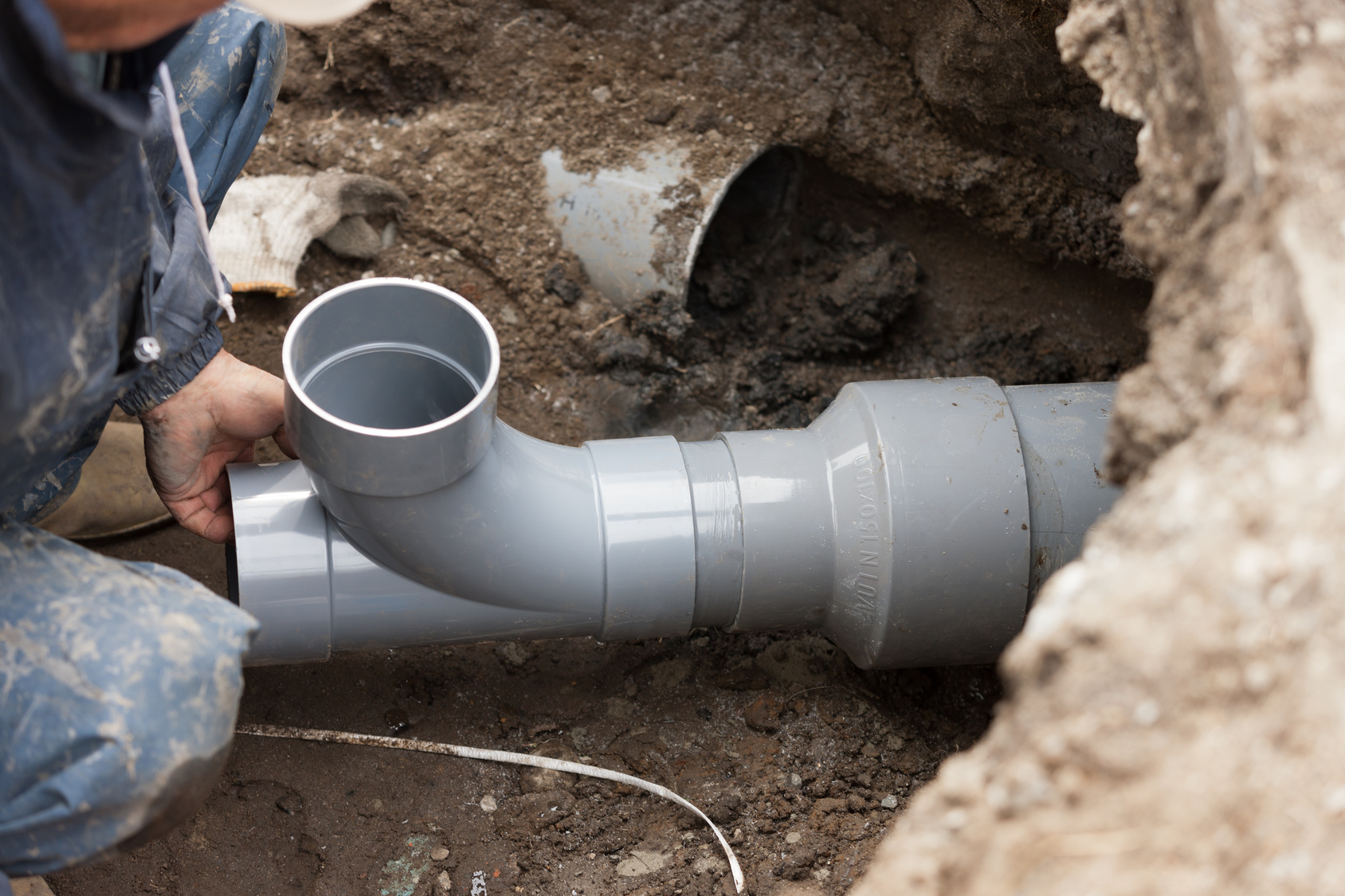What to Do When the Toilet is Overflowing
When your toilet overflows, it can spur incredible angst and anxiety. Your eyes glaze over as you watch the water slowly fill to the rim then spill over the top onto your bathroom floor. A toilet overflow can be dreadful, especially if it is a recurring problem.
Several factors can cause an overflowing toilet:
A clogged drain line may at times be the reason a toilet overflows. A water line that connects to the washing machine, for instance, may be clogged, leading to the clog to the septic tank or sewage system.
The water lines connecting to the sewer system in your home may be blocked or dislocated due to tree roots. Or, if your home features a septic tank, it may be too full to absorb any additional water.
The trap at the back of the toilet may be blocked with too much to...
